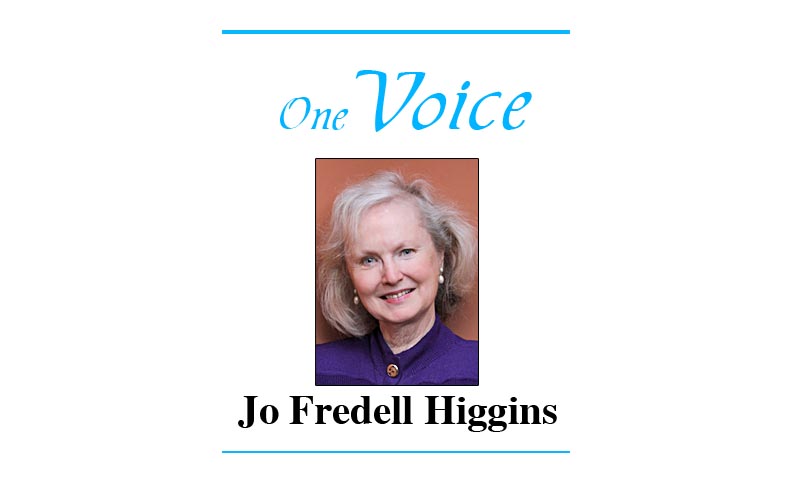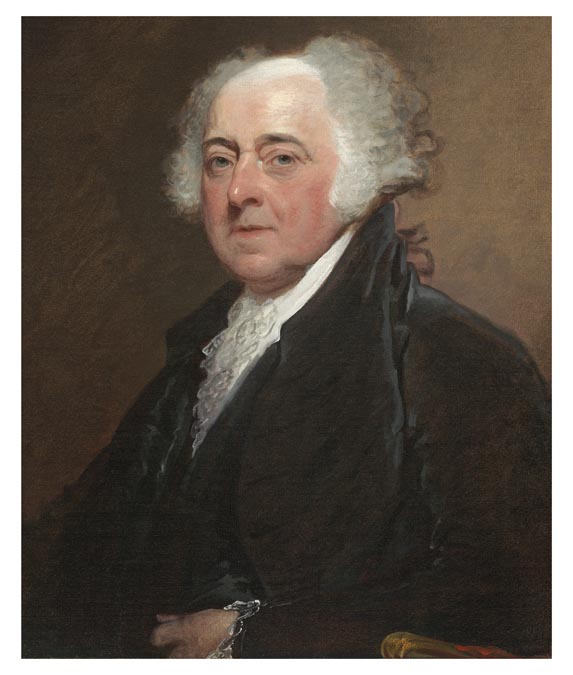
John Adams, who was graduated from Harvard College, was the husband of Abigail Smith Adams, and the father of six children, one of whom, John Quincy Adams, became president of the United States and served one term in the 1820s. John Adams was a lawyer, a farmer, and a revolutionary. He was the second president of the United States, 1797-1801, in a time that candidates did not campaign.

It was a time when pewter spoons were melted for bullets in the fireplace, with British troops bottled up in Boston and the British fleet commanding the harbor and the sea and thus no town by the shore was safe from attack. Shortages of sugar, coffee, pepper, shoes, and ordinary pins were worse than they had thought possible. In bloody Spring 1775, Abigail knew that John had an arduous task. He represented Massachusetts in the Continental Congress and was known as a skilled politician and diplomat.
Abigail wrote to her absent husband that “My bursting heart must find vent at my pen.” June 17, 1775 the battle of Bunker Hill had been terrifying. It was the first all-out battle of the Revolutionary War. “How many have fallen we know not,” she wrote that night. “The constant roar of the cannon is so distressing that we cannot eat, drink, or sleep.”
John Adams was born October 30, 1735 in Braintree, Massachusetts Bay and passed this life July 4, 1826, only a few hours after Thomas Jefferson’s death. Adams’ father, John Adams, Sr. was a deacon in the Congregational Church, a farmer, a cordwainer and a lieutenant in the militia. Adams often praised his father and recalled their close relationship. His great-grandfather had emigrated from England in 1638. In this family’s case, the apple did not fall far from the tree. John Adams had said that he intended to be a great man.
In his route to Philadelphia in 1774 and the First Continental Congress, Adams’ made the journey in style with the full Massachusetts delegation. Politics did not come easily to him. He was too independent by nature and his political experience amounted to less than a year’s service in the Massachusetts legislature. But was there anyone of sufficient experience or ability to meet the demands of that moment? “I wander alone, and ponder. I muse, I mope, I ruminate,” he wrote in his diary. “We have not men fit for the times. We are deficient in genius, education, in travel, fortune, in everything. I feel unuterable anxiety.”
In a series of letters to the Boston Globe, Adams argued that Americans had every right to determine their own destiny and charged the foreign ministry in London with corruption and venal intent.
John Adams was a man of honor and character and his word was his bond. He was a Federalist and believed in a national government with strong financial powers. John Adams was the first United States minister to the United Kingdom, 1785-1788. He served as the first United States minister to the Netherlands, 1782-1788.
He wrote to his friend, James Warren, that “May it (America) thrive and prosper and flourish and from this fountain may there issue streams, which shall gladden all the cities and towns in North America, forever.”
At his death those present would remember there was a final clap of thunder that shook the house: “The rain stopped and the last sun of the day broke through dark, low hanging clouds bursting forth with uncommon splendor at the moment of his exit.” John Adams’ estate was valued at $100,000 whereas Jefferson’s was in debt $100,000.
Today we think of our Founding Fathers and see the brilliance of their decisions. How triumphant their Declaration of Independence and the writing of the U.S. Constitution.

